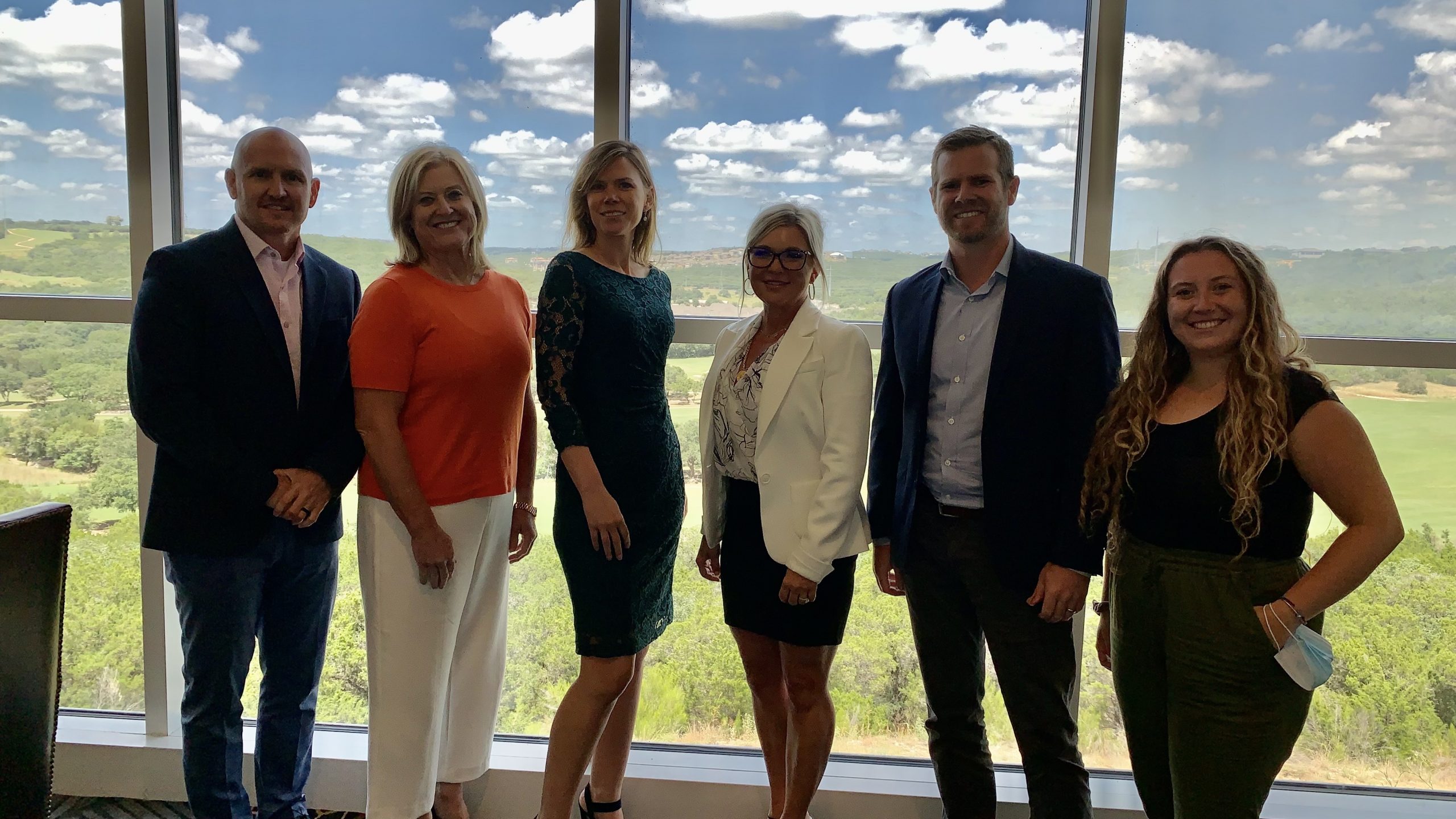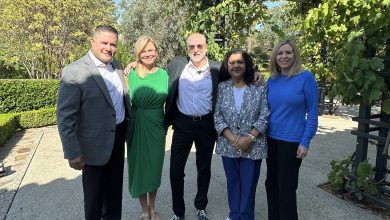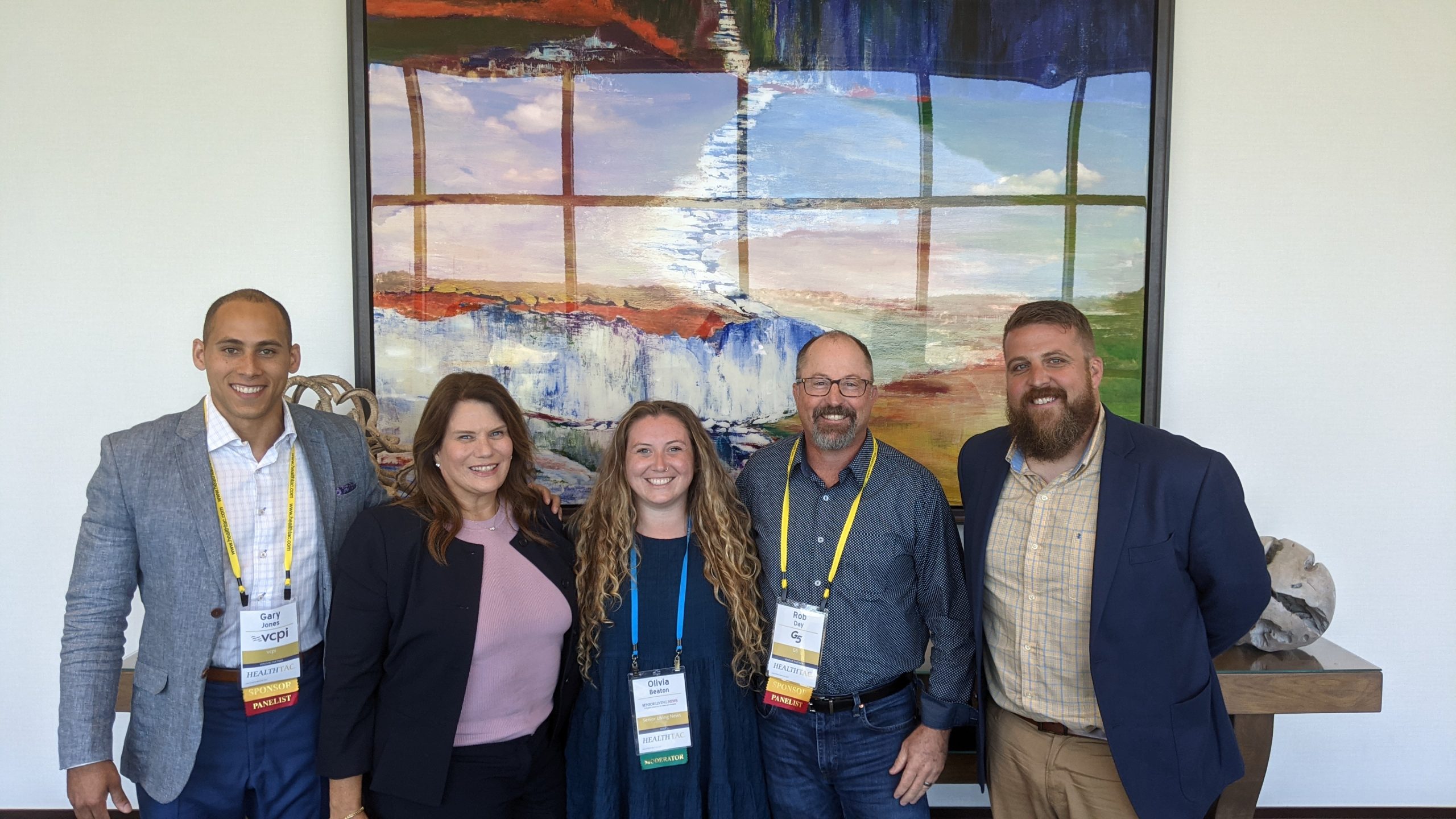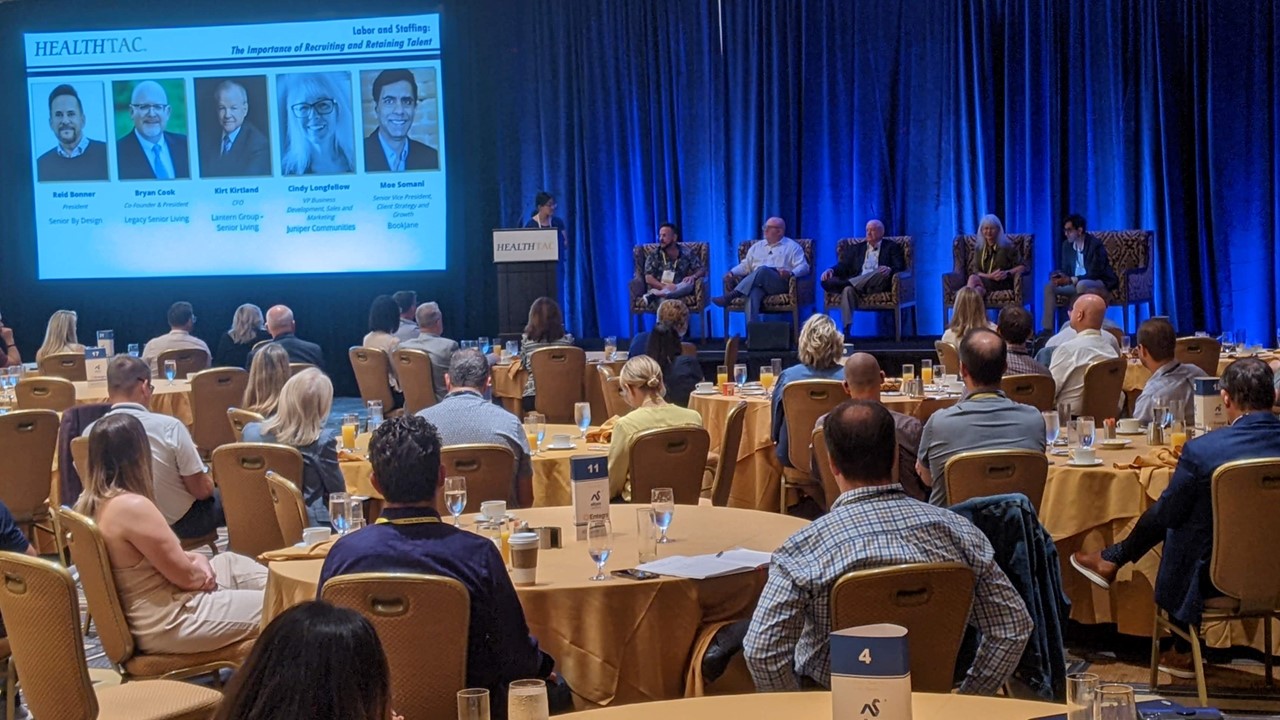
Skilled Nursing 101: A Different Kind of Care
By Olivia Beaton | September 15, 2021
Skilled Nursing Facilities are a large part of the senior living industry yet are often ignored or misunderstood. This group of SNF leaders came together to debunk some myths and provide education on the importance of skilled nursing. The panel was comprised of, Tshane Bell, Director of Strategic Operations at Cascadia Healthcare, Mindy Cheek, Senior Vice President at Greystone Communities, Mandy Curtis, Senior Vice President of Health Services at Oakmont Management Group, Stephanie Parks, Chief Development Officer at Reliant Rehab, and Hank Watson, Chief Development Officer from American Health Partners.
Bell states that SNF differs from senior housing strongly due to the regulatory environment that they are in, the skilled realm is heavily regulated by CMS across the country. Before they were regulated, SNF didn’t necessarily have great outcomes, which is where many of the false perceptions about nursing homes came to be. “When I first got into skilled nursing over two decades ago, we were taking the residents that other senior living models are taking now, now skilled nursing has become more of that short term rehab, but the acuity we take is what hospital systems used to take.”
Watson adds, “Part of what the nursing home industry needs to own in a positive way is that about two-thirds of the people in our beds are not long-term care eligible, there are millions of people that need 24/7 nursing care, and we can provide that and do it for a lower cost. That is a really critical piece to be proud of and is unique to nursing homes.” Curtis brought up an important point, that “at some point, it’s important for other types of senior housing to be honest and say we cannot provide certain types of care that a skilled nursing facility is able to.”
Parks and Curtis agree that one of their favorite parts of being in skilled nursing is being able to see the progression of residents as their needs change throughout their journey. Though skilled nursing has made tremendous strides over the last few decade, Cheek notes that “there is always an opportunity to improve the level of care we are providing.” And as these panelists engaged in their dialogue, it’s clear that change and raising the level of quality care is always in the forefront of their minds.
Parks believes there is a moment in time for SNF, and the idea that it is the last step for end-of-life care is not the case, so rewriting that narrative is important to assure that individuals who could benefit from skilled nursing aren’t discouraged. Watson offers a way to achieve this and encourages those in skilled nursing to “take ownership from a clinical perspective of your residents. As an industry, we must invest in the resources for our residents. We can set the model of care and take a leadership stance instead of being at the bottom of the food chain.”
All the panelists agree that quality outcomes are extremely important in skilled nursing, as Bell says, “this gives us the opportunity to show people who we are and what we are about.” To get people in the door, Cheek believes in the powers of testimonials and stresses the importance of using positive resident or family feedback to prove the fantastic role skilled nursing can have in an older adult’s life. “People are scared to make that move, but when they hear other positive experiences, it helps eliminate that fear.” Parks agrees with her fellow panelists, and she adds “it is the least expensive location to get the highest level of care.” Quality outcomes and the resident experience are the two most important things to advocate for and it is up to leaders within the industry to educate the public on the good of skilled nursing facilities.





